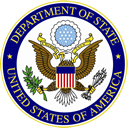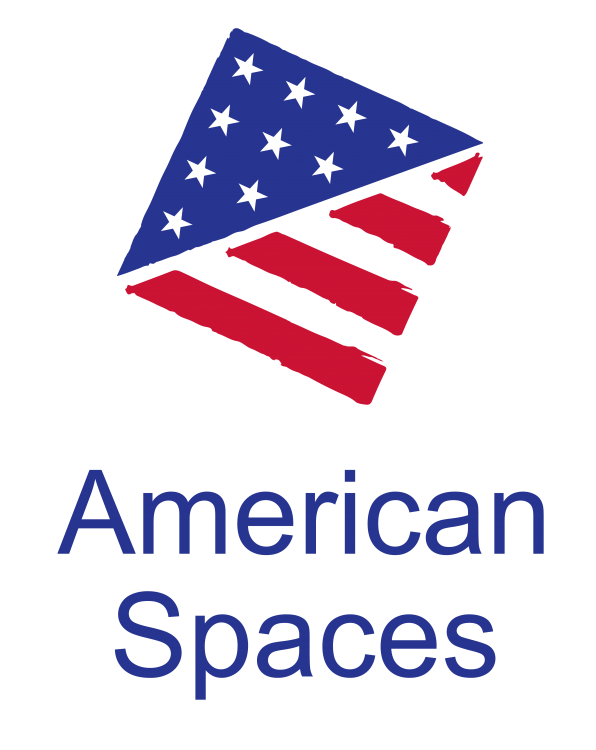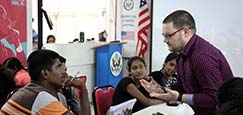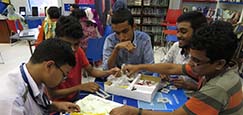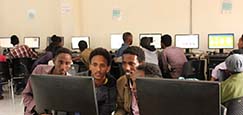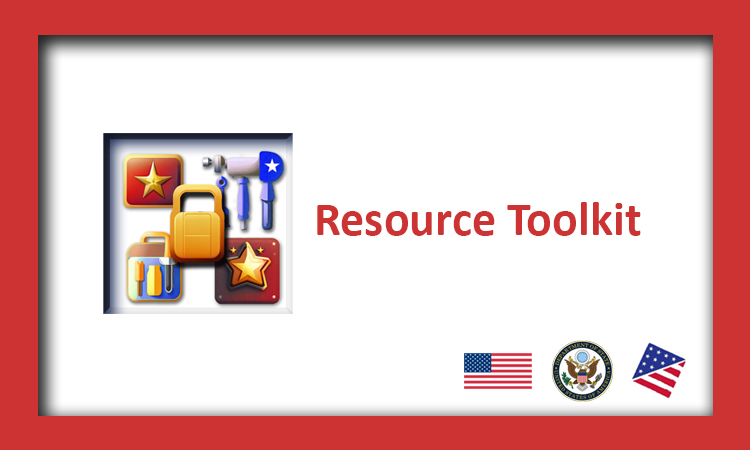FIRST AMENDMENT RIGHTS:
FREEDOM OF SPEECH AND THE PRESS
PROGRAM TOOLKIT FOR AMERICAN SPACES
This program toolkit is designed for programming at American Spaces to create a greater awareness of the rights outlined in the First Amendment of the Bill of Rights, specifically freedom of speech and of the press.
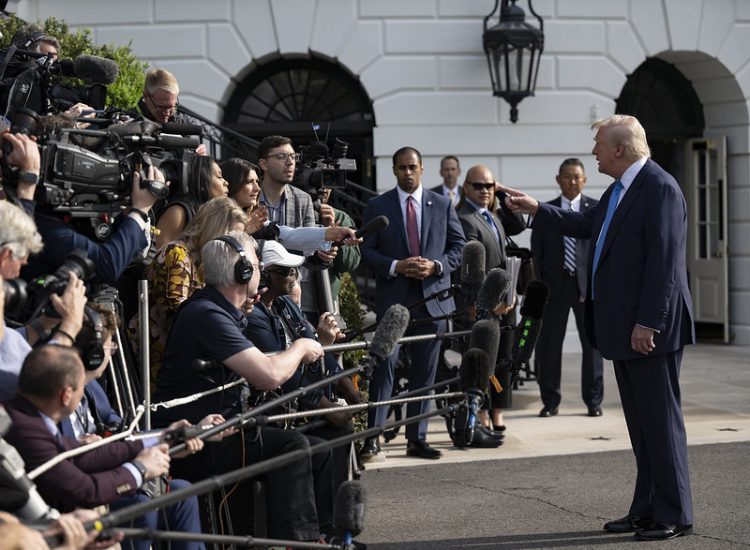
SPEECH AND PRESS IN AMERICA: UNLIMITED?
Free speech and press have a long history in America. These protections give an independent press and individuals the right to express themselves without government interference, this includes the right to hold unpopular opinions.
LESSON PLANS
- The Dilemma of Free Speech – This PBS lesson Plan has videos and handouts
From Newseum with videos, handouts, and lesson plans (requires free account)
What is Freedom of Speech?
The First Amendment to the U.S. Constitution reads:
Congress shall make no law respecting an establishment of religion, or prohibiting the free exercise thereof; or abridging the freedom of speech, or of the press …
Freedom of speech, also interpreted to include expression beyond speech, is the right for people to express, promote, and defend their ideas through written, artistic, oral, and sign-based communication. Since America’s founding, freedom of speech allows individuals to speak out against injustices, criticize government policy, and share their opinions. A free press provides formal channels for amplifying different opinions, criticisms, and perspectives. Both freedoms are invaluable cornerstones of a free society. See this short video for a quick summary.
MORE RESOURCES
LESSON PLANS ON PRESS FREEDOM
SHAREAMERICA ARTICLES
- Why offensive speech is protected
- 3 court cases that show what free speech means
- Censor the Internet? Bad Idea
VIDEOS/PODCAST
- Limits of Free Speech
- Freedom of Speech Explained
- Unprecedented Podcast on First Amendment court case
NEWSEUM
- NewseumEd has some excellent interactive online materials, including videos and self-paced courses on freedom of speech and press. You’ll need to create a free account to access their materials.
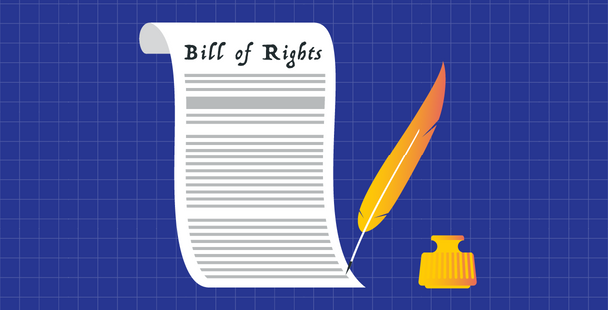
The Importance of Free Press
Knowledge is power. In print, online, or on TV or radio: without a free exchange of information, people can’t be fully aware of what’s going on around them and so can’t meaningfully participate in their communities or democracies. When freedom of expression is respected and recognized the media are able to freely report on politics, economics, and societal events as they occur. The free press is the foundation of any true democracy. A strong democracy encourages a free press — one that keeps the public informed, enables a diversity of voices, and holds leaders accountable.
Program Ideas
- Invite independent journalists to discuss their work and issues related to press freedom and freedom of expression in your country.
- Start journalism clubs: This could include photojournalism, multimedia, and podcasting. Consider having a U.S. exchange alumni journalist lead or present at these clubs.
The views expressed in these links and resources do not necessarily reflect those of the U.S. government.
Updated October 2025

